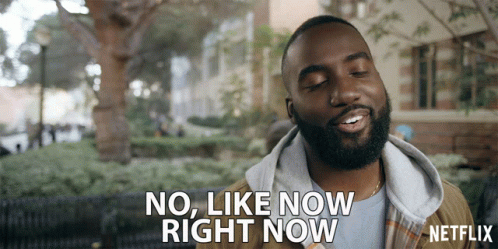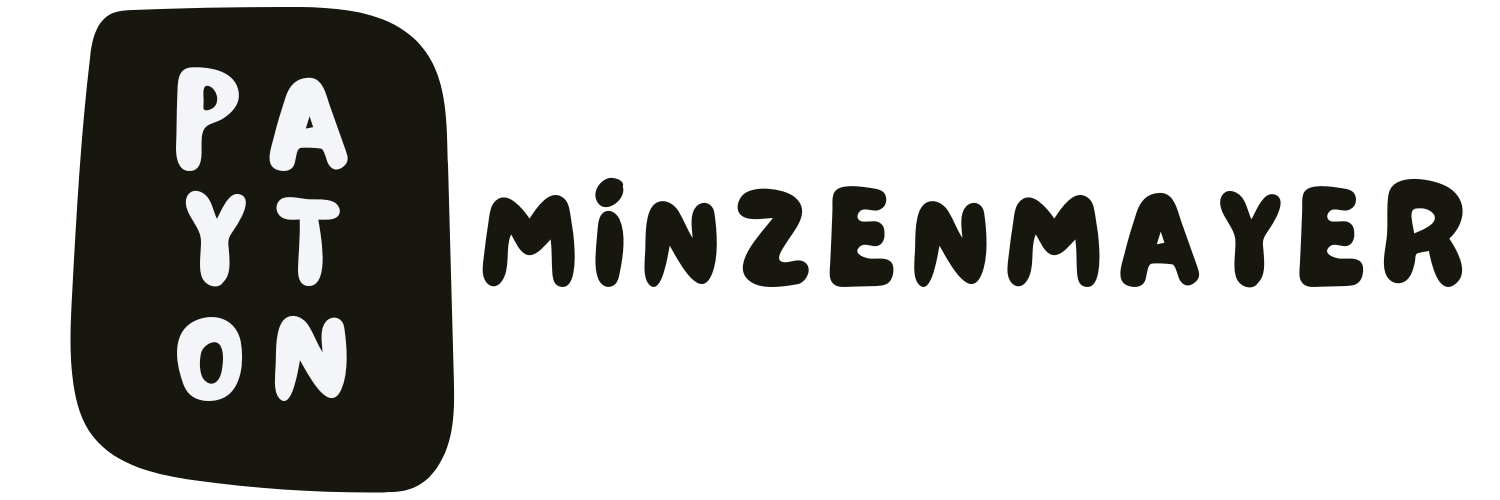The creative process is an enigma that has puzzled humankind for centuries. How does one come up with a brilliant idea? How does one turn that idea into something tangible? James Webb Young, an advertising legend, may have cracked the code with his five stages of the creative process.

Stage 1 - Gather New Material
The first stage of the creative process is to gather new material. During this stage, you learn. By becoming fascinated with various concepts, you focus on learning specific material directly related to your task and available material. This is the stage where you learn as much as possible about the topic. It's like going on a research bender, except you're not drunk on alcohol; you're drunk on knowledge. You become a sponge, soaking up all the information you can access. You read books, watch videos, attend seminars, and listen to podcasts. You become a fountain of information, ready to spout out at any moment (just don't be annoying about it).
"Give me an example of this."
Okay. Let's say you're a writer and want to write a novel about a detective solving a murder mystery. During the first stage of the creative process, you would gather new material by learning about the genre, crime-solving techniques, and the culture and environment in which the story takes place. You would read detective novels, watch crime shows and documentaries, and research police procedures and forensics. You might even ride with a police officer to get a firsthand look at what it's like to solve a crime. By gathering all of this new material, you're building a foundation of knowledge that will help you create a more believable and engaging story.
Stage 2 - Work Over The Material
The second stage of the creative process is thoroughly working over the materials in your mind. During this stage, you examine what you have learned by looking at the facts from different angles and experimenting with fitting various ideas together. This is where you take all the knowledge you've acquired and start manipulating it. You twist and turn it, look at it from different perspectives, and try to fit it together like a puzzle. It's like being a mad scientist in your mind, mixing different elements to see what will work. This stage is like a workout for your brain, where you are trying to strengthen your mental muscles.
"Give me an example of this."
Continuing with the previous example of writing a murder mystery, you would start working over the materials in your mind during the second stage of the creative process. You would take all the information you've gathered and experiment with fitting various ideas together. You might ask yourself: What would happen if the detective was a woman instead of a man? What if the murder occurred on a train instead of in a hotel? What if the victim was someone the detective knew personally?
Examining what you have learned from different angles allows you to see new possibilities for your story. You might even discover that some of your original ideas don't work as well as you thought they would
Stage 3 - Step Away
The third stage of the creative process is to step away from the problem. This is where you put the problem completely out of your mind and do something else that excites and energizes you. This could be anything from going for a walk to watching a movie. It's essential to give your brain a break and let it recharge. Sometimes, the best way to solve a problem is not to think about it. You can't force creativity, so take a break and let your subconscious do the work. Who knows? You might even come up with a new idea while taking a break.
"Give me an example of this."
So needy, but okay. Continuing with the murder mystery example, during the third stage of the creative process, you would step away from the problem. After working over the materials in your mind, you might feel stuck or burnt out. This is where it's essential to put the problem completely out of your mind and do something that excites and energizes you. Maybe you'll take a walk in the park, go for a run, or cook a nice meal. Doing something that allows you to relax and take a mental break is essential.
Taking a break will allow your brain to recharge and develop new ideas. You might not realize it, but your subconscious mind will still work on the problem.
Stage 4 - Let Idea Return To You
The fourth stage of the creative process is to let your idea return to you. At some point, but only after you have stopped thinking about it, your idea will return to you with a flash of insight and renewed energy. This is the eureka moment, the point where everything comes together. It's when you realize you've cracked the code and found the solution. It's like a lightbulb going off in your head, and suddenly, everything makes sense.
"Give me an exampl-"
"Yeah, I got you."
Let's continue with the murder mystery example. You've gathered all the information, worked it over in your mind, and taken a break to recharge. Now, you're in the fourth stage of the creative process, where you let your idea return to you. You're going about your day, maybe walking the dog or doing the laundry, and suddenly it hits you - the solution to the mystery.
It could be a piece of evidence you overlooked or a connection between two seemingly unrelated pieces of information. But whatever it is, it's like a flash of insight, and suddenly everything falls into place. You feel renewed energy and excitement about your project and can't wait to return to it.
Stage 5 - Shape Idea Based On Feedback
The final stage of the creative process is to shape and develop your idea based on feedback. For any idea to succeed, you must release it into the world, submit it to criticism, and adapt it as needed. This is the most critical stage of the creative process, where you turn your idea into something tangible. It would be best if you were open to criticism and willing to change your idea based on feedback. This is the stage where you turn your idea into a masterpiece.
"Don't even ask. I have an example of this. Please don't ask about the other guy or the new murder mystery I'm working on.
Let's return to our mystery novel. You shape and develop your idea based on feedback. You write the novel and get feedback from beta readers and your editor. You're open to criticism and willing to make changes to improve the story. You revise the plot, character development, and pacing, turning your initial idea into a masterpiece.
Frequently Asked Questions (FAQ)
Q: What is the creative process?
A: The creative process is a series of steps a person goes through to develop new and innovative ideas. These steps include gathering new material, thoroughly working over the materials in your mind, stepping away from the problem, letting your idea return to you, and shaping and developing your idea based on feedback.
Q: Who can benefit from following the creative process?
A: Anyone looking to develop new and innovative ideas can benefit from following the creative process. This can include writers, artists, musicians, entrepreneurs, and anyone looking to be more creative.
Q: What if I get stuck in one of the stages?
A: It's common to get stuck in one of the stages of the creative process. If you struggle, try moving on to the next stage, or take a break and return to the problem later. Creativity is a process, and taking your time is okay.
Q: How long does the creative process take?
A: The time it takes to complete the creative process can vary depending on the individual and the project. Some people may be able to complete the process quickly, while others may take more time.
Q: What if my idea is rejected?
A: Rejection is a natural part of the creative process. Not every idea will succeed, but that doesn't mean you should give up. Use any feedback you receive to shape and develop your idea further.
Q: Can collaboration be a part of the creative process?
A: Collaboration is an essential part of the creative process. Working with other people can often lead to new ideas and perspectives. Joining a creative community or collaborating with friends can help you push past creative blocks and find inspiration.
Q: What if I'm not a creative person?
A: Everyone has the potential to be creative. A creative process is a tool that can be used to develop your creative abilities. Give it a try, and you may be surprised at your capabilities.
In conclusion, the five stages of the creative process by James Webb Young are a fantastic tool for anyone looking to unlock their creative potential. It's not a perfect formula, and everyone's creative process differs. However, if you follow these five stages, you will find yourself on the path to creative greatness.

Join the other changing everything in their life 3 minutes at a time.
Subscribe to the 3 Minute Newsletter
